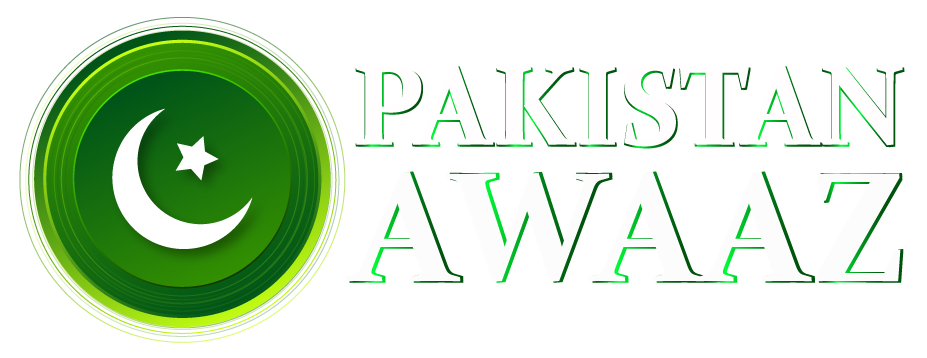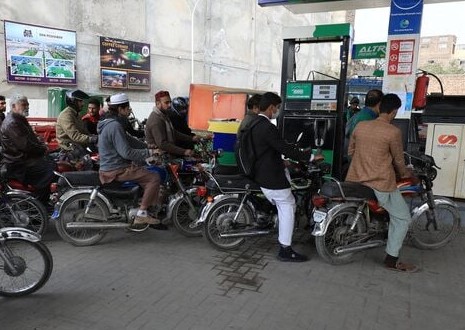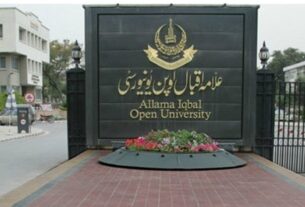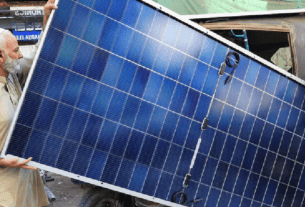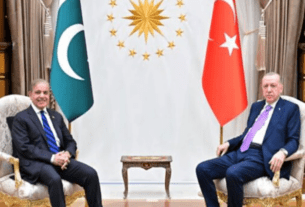1. Government
A large increase in fuel prices has been announced by the government, which many industries and the general population worried. Rising global energy prices and increasing inflationary pressures coincide with this growth. Budgets for households, manufacturing, and transportation anticipated to be greatly impacted by the decision, which repercussions for the entire economy.
a. Economic Rationale:
The government cites the rising international crude oil prices and the need to reduce the fiscal deficit as the primary reasons for this substantial fuel price hike. The global energy market has been volatile, and the government argues that these increases are necessary to stabilize the economy.
b.Impact on Inflation:
One of the immediate concerns following such a significant fuel price hike is its potential to trigger inflation. This could, in turn, impact the purchasing power of citizens and their overall standard of living.
c.Burden on Citizens:
The average citizen, already grappling with the economic fallout of the COVID-19 pandemic, will now have to bear the brunt of these fuel price hikes. Commuters, in particular, will feel the pinch as public transportation fares may rise, and the cost of daily essentials could increase.
d.Reactions and Protests:
. Protests and demonstrations have erupted in various parts of the country, with citizens demanding a reversal of the decision. Opposition parties have also criticized the government for its handling of the economic situation.
e.Government’s Dilemma:
The caretaker government faces a challenging dilemma. On one hand, it needs to address the fiscal deficit and stabilize the economy, but on the other hand, it must also consider the well-being of its citizens.
d. Conclusion:
The recent fuel price hike, while a difficult decision for the caretaker government, has set off a series of debates and concerns across the nation. It highlights the intricate relationship between economic stability and the everyday lives of citizens. As the situation unfolds, it remains to be seen how the government navigate these challenges and what measures it take to mitigate the impact on the people of the country.
Also Read:
